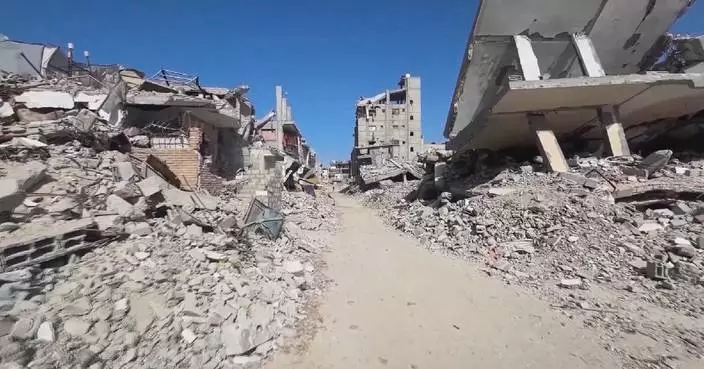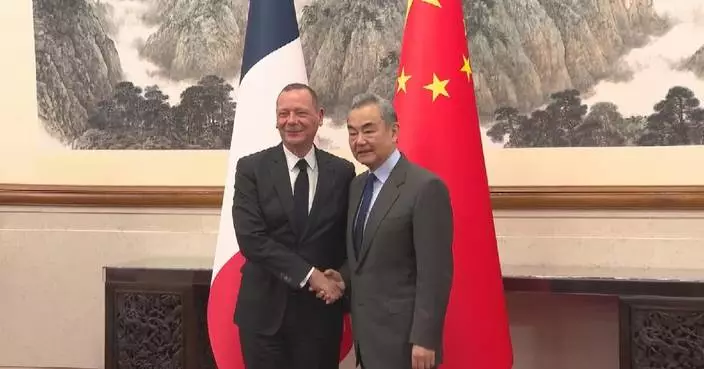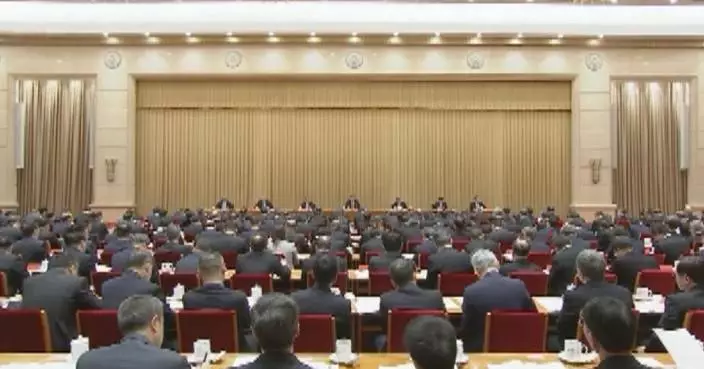The five proposals for the future development of BRICS put forward by Chinese President Xi Jinping on Wednesday will further strengthen and deepen cooperation among BRICS nations, experts said.
President Xi on Wednesday delivered an important speech at the 16th BRICS Summit, running from Tuesday to Thursday in Russia's Kazan. In his address, Xi outlined five key goals for the future of BRICS, including building "a BRICS committed to peace", "a BRICS committed to innovation", "a BRICS committed to green development", "a BRICS committed to justice" and "a BRICS committed to closer people-to-people exchanges".
Experts shared their views about these goals, discussing their significance in addressing today's global challenges and how they align with the BRICS spirit of multilateralism, inclusiveness, and win-win cooperation.
"President Xi's initiative first notes that development is vital for many BRICS nations, including emerging economies and a wider array of developing countries. Innovation is a key driver of development. Meanwhile, China notices that sustainable and green development is the necessary path for developing nations moving forward. In today's complex and ever-changing global situation, many developing countries need a peaceful and stable environment for development, along with rising demand for security," said Su Xiaohui, an associate research fellow at the China Institute of International Studies.
The goal of building a BRICS of peace is particularly urgent in today's chaotic and turbulent era, which can resolve regional conflicts and tackle the current challenges to global peace, according to Sun Zhuangzhi, director of the Institute of Russian, Eastern European, and Central Asian Studies at the Chinese Academy of Social Sciences.
"The goal of building 'a BRICS committed to peace', the first of the five goals, responds to the current era full of change and turmoil. In this situation, prioritizing peace is crucial for achieving stability both regionally and globally. Only with this foundation can we have real development," said Sun.
As a founding member of BRICS and a major country among developing nations, China's proposal to enhance BRICS cooperation reflects its dedication to implementing real multilateralism.
"I believe that China, as a responsible major power and a founding member of BRICS, expects an important multilateral framework that can help build new international relations and a community with a shared future for mankind, while also supporting the implementation of the three major initiatives (the Global Civilization Initiative, the Global Development Initiative, and the Global Security Initiative) proposed by the Chinese President," said Sun.
"At this BRICS Summit, China has made it clear that we want to invite more countries to become partner nations. First, the BRICS platform is open; we don't have exclusive groups or encourage confrontation. Welcoming more partners will deepen understanding of development trends among emerging economies, contribute to BRICS growth, and foster broader consensus and greater cooperation," Su added.
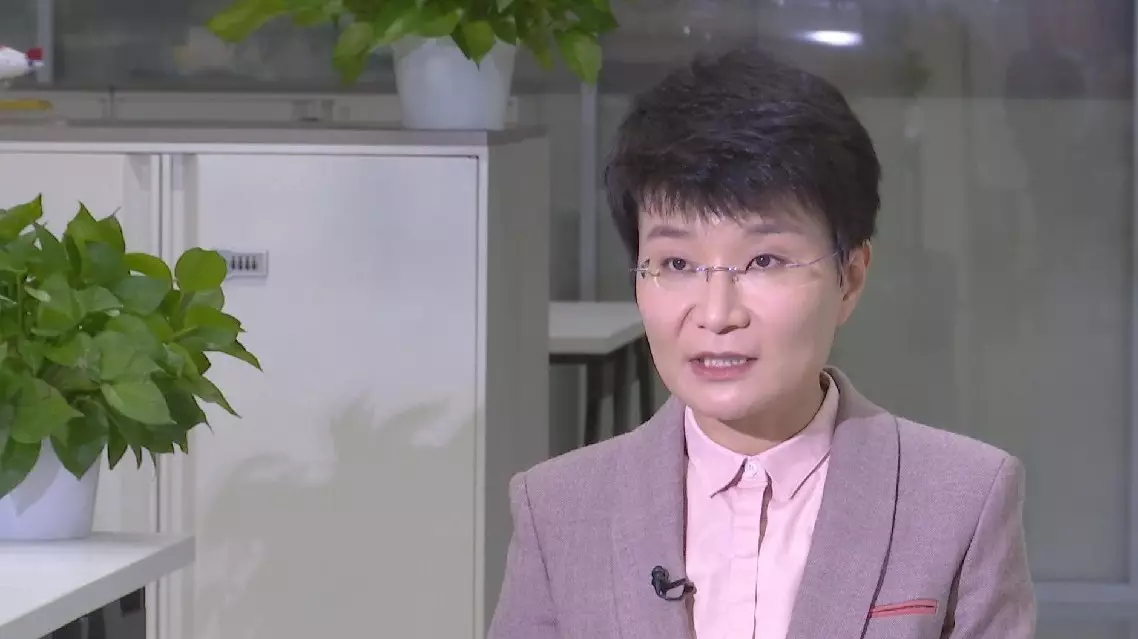
China-proposed major goals spice up overarching BRICS cooperation: experts
Senior officials from key Chinese ministries have outlined specific measures for next year's economic work, with a focus on boosting the private economy, driving consumption, expanding opening-up, and promoting the healthy development of the real estate sector.
Deputy Director of the National Development and Reform Commission Zhao Chenxin, Vice Minister of Commerce Sheng Qiuping, and Vice Minister of Housing and Urban-Rural Development Dong Jianguo shared their insights at the Annual Conference on China's Economy, held in Beijing on Saturday. Hosted by the China Center for International Economic Exchanges (CCIEE), a leading public policy think tank, the conference seeks to harness collective wisdom to propel China's economic development.
At the event, Zhao announced that next year will see broader implementation of large-scale equipment upgrades and trade-in programs for consumer goods. Greater efforts will be made to support projects crucial for implementing major national strategies and enhancing security capacities in key areas. The government will encourage the healthy development of private capital and facilitate its participation in infrastructure projects.
Additionally, the deputy director of the country's top economic planning body highlighted the government's commitment to advancing key reform initiatives.
"We will draft guidelines for establishing a unified national market, eliminate local protectionism and market segmentation, and conduct comprehensive pilot reforms to deepen the market-driven allocation of production factors. A private sector promotion law will be introduced to safeguard the rights and interests of entrepreneurs. Other measures include strengthening regulation to ensure the healthy development of the platform economy and launching a special campaign to reduce logistics costs across society," Zhao said.
Sheng emphasized the importance of promoting consumption through incentive campaigns aimed at creating a vibrant consumer environment. Other efforts will include expanding service consumption, optimizing consumption structures, and cultivating new consumption models.
"We will steadily expand the opening-up of sectors such as telecommunications, the internet, education, culture, and healthcare. Meanwhile, we will support consumption in areas like culture and tourism, elderly care, childcare, and household services, with focus on enriching supply and diversifying consumption scenarios," Sheng said.
Dong outlined plans for stabilizing the property market and establishing a new development model for the sector. Reforms will be implemented to improve the sales system for commercial housing, with an emphasis on promoting ready-to-sell housing. For projects still under pre-sale arrangements, pre-sale funds will be more effectively regulated to prevent delivery risks, he said.
Furthermore, the vice minister of housing and urban-rural development emphasized the need for a comprehensive life-cycle safety management system for housing to identify and address safety issues in existing properties.
"At the industry level, we will guide the real estate sector toward a transition from rapid growth to high-quality development. At the enterprise level, real estate companies will be encouraged to shift from scale expansion to prioritizing the quality of their projects. Efforts will be intensified to build safe, comfortable, green, and smart homes," Dong said.
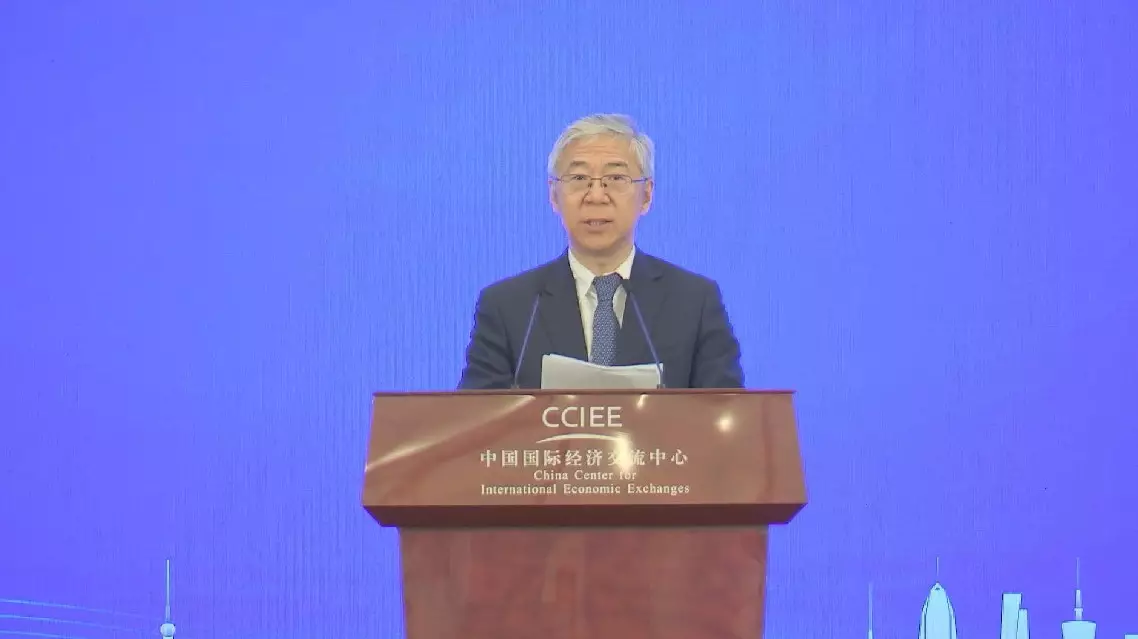
Senior Chinese officials outline specific measures for 2025 economic work




